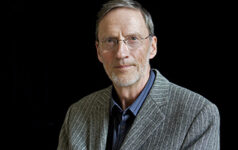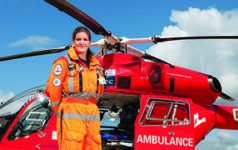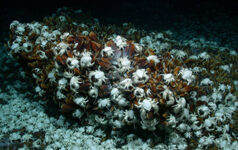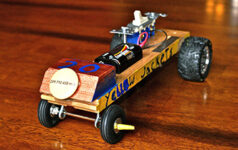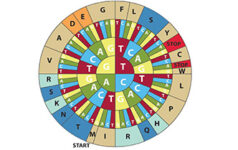Sven-Olof Holmgren: science education is more complex than particle physics
Do you think particle physics is a complex subject? Having moved from basic research to science education, Sven-Olof Holmgren would disagree. He tells Lucy Patterson and Marlene Rau about the challenges of this shift, and about a major reform in the Swedish education system.






